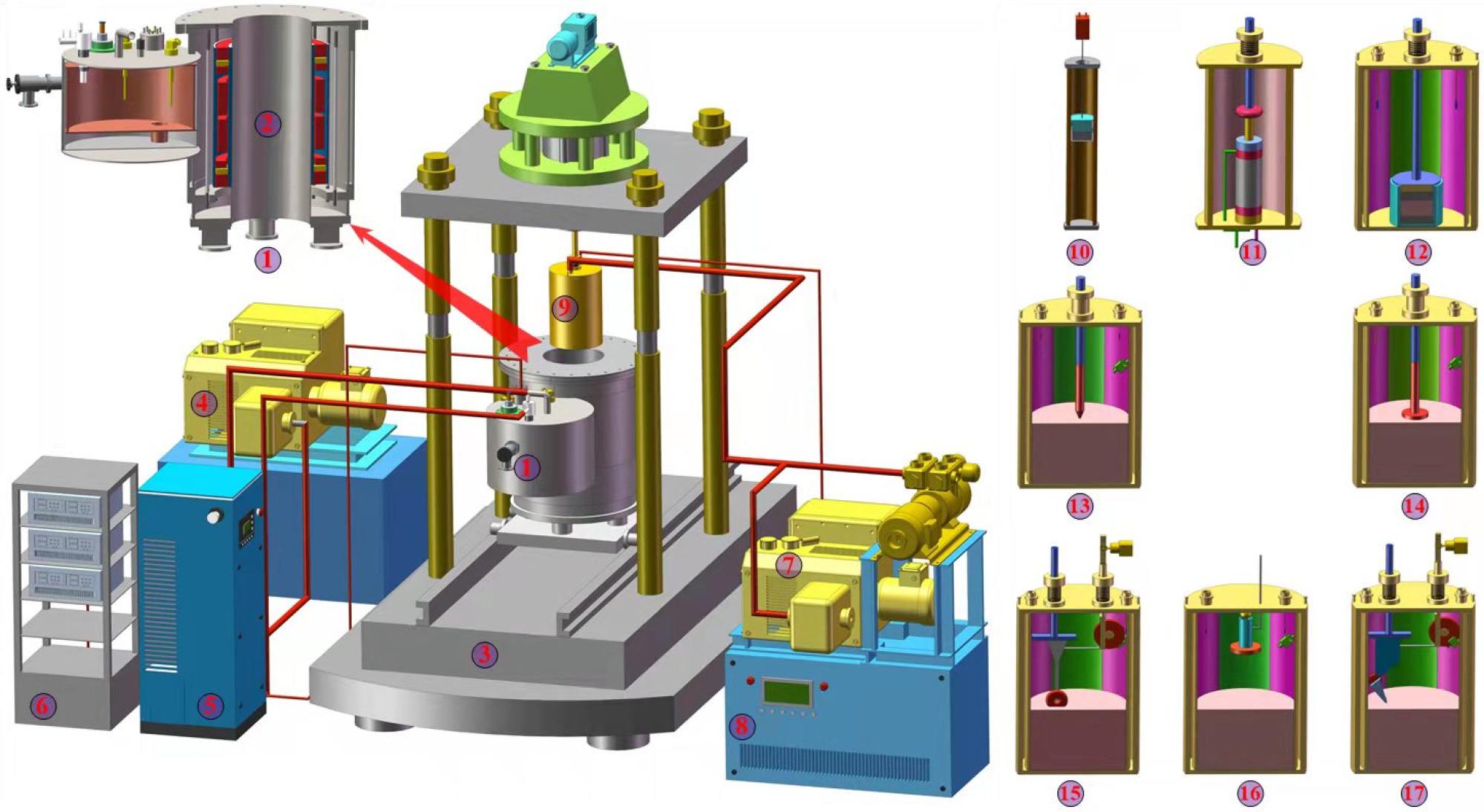A safer future: Crucial to enhance cybersecurity with quantum technology. -123rf.com
THE launch of quantum computer Qianshi is a milestone in the development of quantum technology. For the first time, a quantum computer is accessible in the public ICT network, and people are able to connect to it using their personal devices. It has only 10 quantum bits (qubits), with capabilities of a traditional computer (Baidu launches quantum computer in China and gives people access via PC, smartphone or the cloud, The Star, Aug 26, 2022). Quantum computers can be far more powerful than any supercomputer, capable of breaking any conventional encryptions within a short period. In the lab, quantum computers with performance matching the supercomputers on specific problems have been realised. This should be alarming to the fintech and banking sectors as the current encryptions in financial transactions based on the RSA cryptosystem are no longer secure. The capability of the quantum computer is attributed to the way it computes that is different from conventional computing algorithms. Making use of quantum entanglement or the superposition of a number of possibilities (called quantum states) from many qubits, one can search everywhere for an answer “at once” and get the answer almost instantaneously, without having to go through multiple searches in sequence.Scientists around the world are actively engaged in the education, research and innovation of quantum information science and technology, driven by awareness of its awesome potentials. The race for developing quantum technology has started long ago, focusing mainly on quantum computation, quantum communication and quantum sensing or metrology. In December 2013, the United Kingdom government invested £370mil (RM1.96bil) in quantum technologies over five years. The European Commission followed suit in 2016, and invested £1bil (RM5.30bil) over the next 10 years. China launched a quantum satellite in August 2016 and initiated a big plan to connect cities with secure communication networks. In December 2018, the United States Senate passed the National Quantum Initiative, allocating US$1.275bil (RM5.47bil) over five years for quantum information science research and education. Our neighbour Singapore is far ahead, having started the Centre for Quantum Technologies since 2007. In September 2020, Thailand announced US$6mil (RM25.73mil) to develop quantum technology over eight years. The global investment in quantum science and technology has reached almost US$30bil (RM128.64bil) with a projected global quantum technology market of US$42.4bil (RM181.81bil) by 2027. Notable companies like Microsoft, IBM, Google and D-Wave that have invested heavily in developing quantum computer have made rapid advancements and breakthroughs, with some having been listed in the stock markets. In November 2021, IBM unveiled its 127-qubit quantum processor Eagle, claimed to be capable of solving complex problems that a traditional computer is unable to solve. Just recently, in 2022, the University of New South Wales, Australia, and Quantinuum have made major strides to improve the reliability of quantum computation process. While the true power of quantum computers has not been demonstrated yet, the days of public concern for data security are not far away. Fortunately, quantum physics provides us with an unconditionally secure technique against hacking by a quantum computer. Known as quantum key distribution (QKD) technology, it is now available in the market. It uses quantum properties of light to transfer information in the form of encrypted keys that cannot be eavesdropped by anyone. This technology protects confidential information against any potential hacking. The current effort is to extend the secure communication distance to hundreds of kilometres via existing fibre optics network. We can expect to have a regional-scale quantum Internet and a long-distance quantum communication network that promises secure links for government agencies, financial hubs between cities and the possibility of epolling.
As the way people work and businesses operate has transformed to be more reliant on ICT and online communications since the Covid-19 pandemic, boosting the level of cybersecurity with quantum technology is becoming more important than ever.
C.H. RAYMOND OOI
Professor Quantum & Laser Science group Department of Physics, Faculty of ScienceUniversiti Malaya
Baidu launches quantum computer in China and gives people access via PC, smartphone or the cloud
Chinese tech giant Baidu launched a self-developed quantum computer in Beijing on Friday.
Related posts:
Chinese scientists make quantum leap in computing; jumbo passenger jet C919 liftoff !
2019 - The rise of the quantum era
China to build world-leading national laboratory for quantum information sciences
China successfully launched world's first quantum communication satellite 'very exciting' !
Chinese quantum satellite to protect China from cyber attacks
Internet Protocol Version 9 第一代互联网 IPv9, Quantum Computing, AI and Blockchain: The Future of IT

















